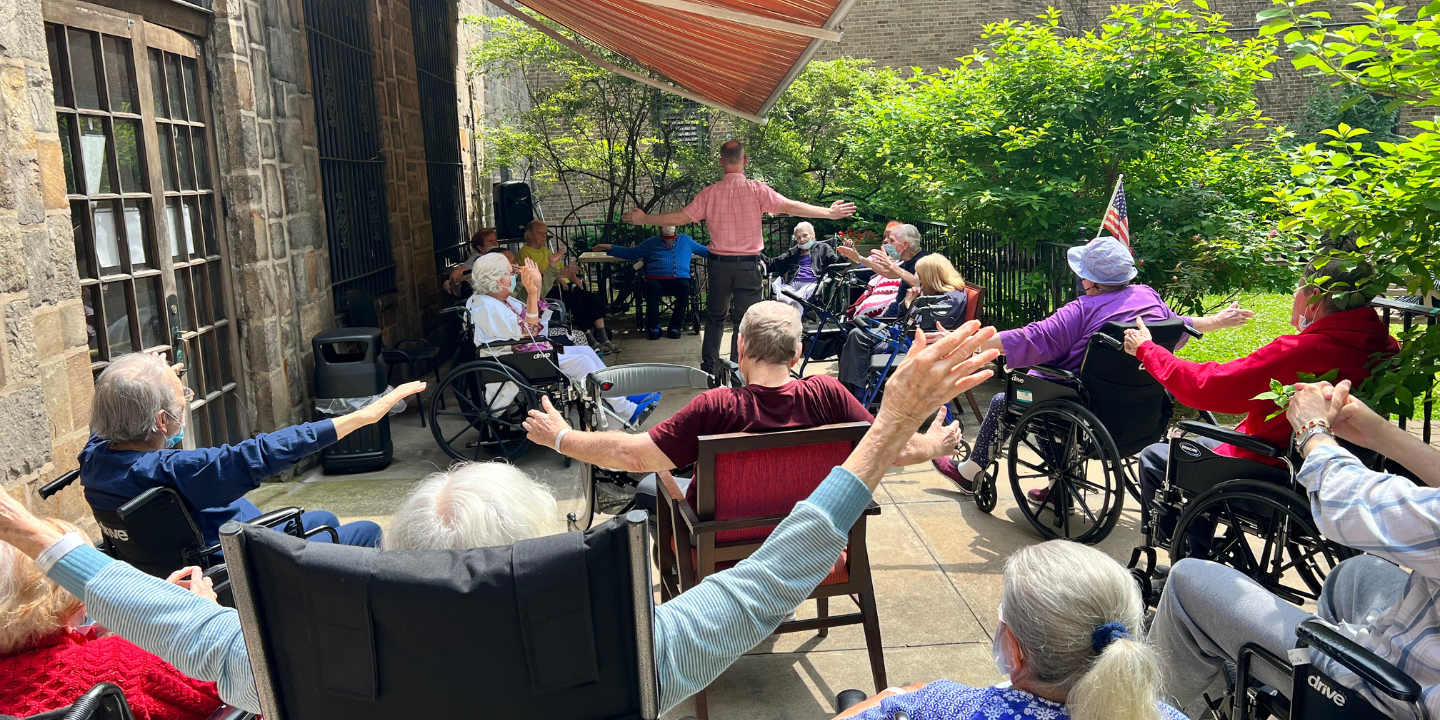For patients receiving short term rehabilitation services, the mind-body connection emerges as a powerful force, intertwining mental and physical well-being to support overall healing.
Recognizing this intricate link is essential in rehabilitation, where patients are on an often challenging journey to restore their health and functionality.
By harnessing this connection through mindful practices and holistic approaches, patients can optimize their rehabilitation experience and pave the way for successful outcomes.
Physical and Emotional Benefits of Mind-Body Connection
Practices such as stretching, yoga, and tai chi offer a myriad of physical benefits that support a successful journey to return home. These practices promote flexibility, improve muscle strength, and enhance overall physical function.
Stretching exercises, for instance, help maintain joint mobility and prevent muscle stiffness, crucial elements in the rehabilitation process. Similarly, yoga and tai chi incorporate gentle movements and postures that facilitate balance, coordination, and body awareness, aiding individuals in regaining their motor skills and movement control.
We also can’t forget the importance of spending time outdoors when possible, and many of our residents enjoy outdoor activities and events whenever possible.
In addition to their physical benefits, these practices play a vital role in nurturing emotional well-being during short term rehab. Stress reduction techniques, such as deep breathing exercises and meditation, offer a sanctuary of calm amidst the challenges of rehabilitation.
By cultivating a sense of relaxation and tranquility, individuals can alleviate anxiety, depression, and emotional distress commonly experienced during the recovery process.
These practices foster a positive outlook and resilience, empowering patients to navigate setbacks with grace and determination.
Social Support and Connection
The significance of social support and connection cannot be overstated in the mind-body connection of short term rehab. Spending time with friends and family provides a source of encouragement, motivation, and emotional support throughout the rehabilitation journey.
Whether through heartfelt conversations, shared laughter, or comforting embraces, the presence of loved ones fuels the spirit and strengthens the resolve to overcome obstacles. Participating in group activities and support networks among fellow patients also fosters a sense of belonging and camaraderie, reinforcing the importance of community in healing.
Spiritual Practices
Spiritual practices such as meditation, prayer, or mindfulness offer a profound avenue for connecting with one’s inner self and finding solace in times of adversity.
These practices provide a sense of purpose, hope, and inner strength that transcends the physical realm, guiding individuals through the challenges of short term rehab.
Whether seeking guidance, finding peace, or cultivating gratitude, spiritual practices offer a sanctuary of comfort and renewal, enriching the mind-body connection and nurturing the soul.
As a non-sectarian organization, we support all religions and beliefs held by our patients, and our facility and grounds have plenty of quiet spaces for everyone to enjoy.
How Can We Help You?
The mind-body connection serves as a cornerstone in the recovery journey of patients, intertwining mental, physical, and emotional well-being to facilitate holistic healing.
By embracing practices such as stretching, meditation, social support, and spiritual engagement, individuals can optimize their rehabilitation experience and pave the way for successful outcomes. We also have mental health services available.
As we continue to explore the profound link between the mind and body in rehabilitation, let us journey forward with mindfulness, compassion, and resilience, knowing that healing is not just physical but encompasses the entirety of our being.

